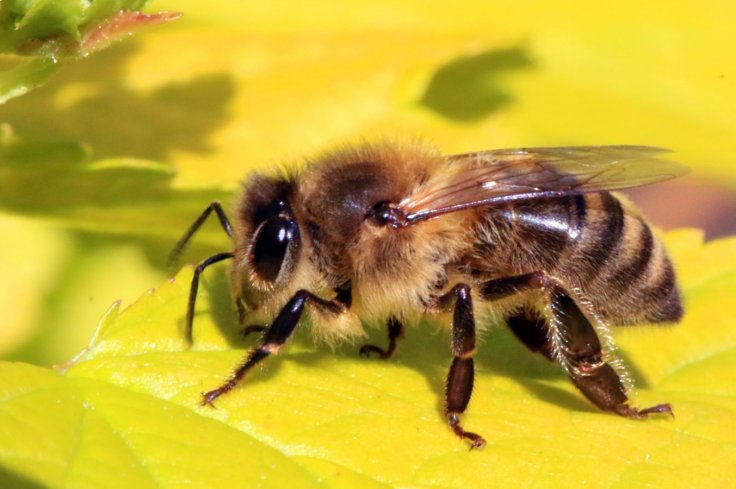Scientists, using an advanced technique has found that the use of insecticides is damaging the brains of infant bumblebees. During the research, scientists used a teeny computed tomography (CT) machine to scan the brains of infant bumblebees, and the results revealed that affected infants usually find it hard to perform life tasks well in the later parts of their lives.
Impaired learning abilities

Scientists found that bees exposed to pesticides had impaired learning abilities when compared to their pesticide-free counterparts. The research report compared it to how a fetus undergoes developmental disorder due to harmful substances in the womb.
"Bee colonies act as superorganisms, so when any toxins enter the colony, these have the potential to cause problems with the development of the baby bees within it. Worryingly in this case, when young bees are fed on pesticide-contaminated food, this caused parts of the brain to grow less, leading to older adult bees possessing smaller and functionally impaired brains; an effect that appeared to be permanent and irreversible," said Richard Gill, a researcher at the Imperial College London's the Department of Life Sciences and the co-author of the study in a recent statement.
Implications on humans
As climate change is drastically affecting the agricultural sector in all nooks of the globe, the developmental disorder of bees will surely add up the salt to the already bleeding wound. According to the US Department of Agriculture, more than 35 percent of the world's food crops rely on animal pollinators like bees.
As the usual growth of bees gets hindered, the pollination process will be affected drastically, and thus the food crop production will be reduced beyond imagination. Scientists in their report urged environmental scientists to adopt strict measures to regulate the usage of pesticides, so that bees, the natural pollinators can be saved.









